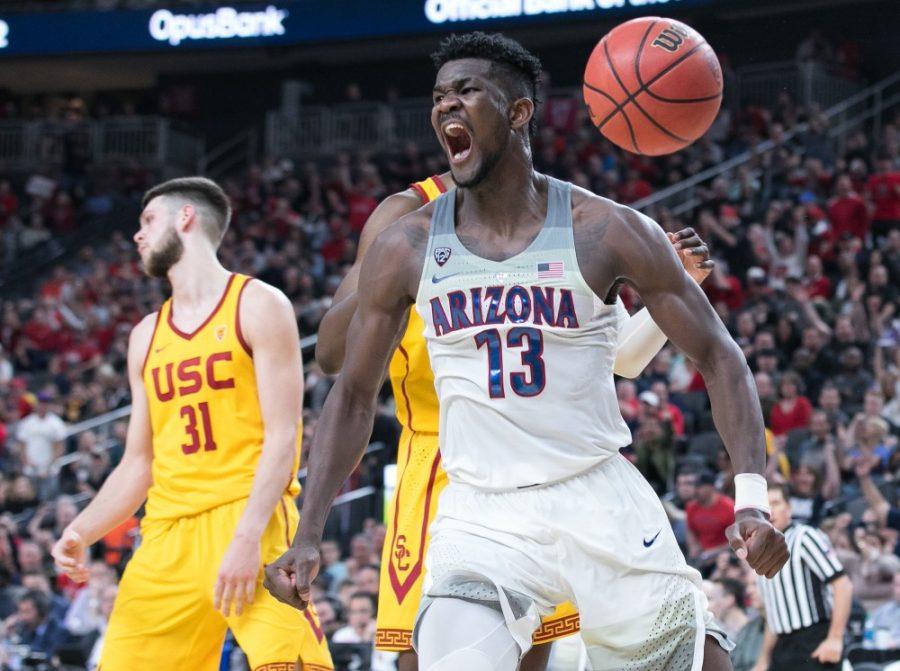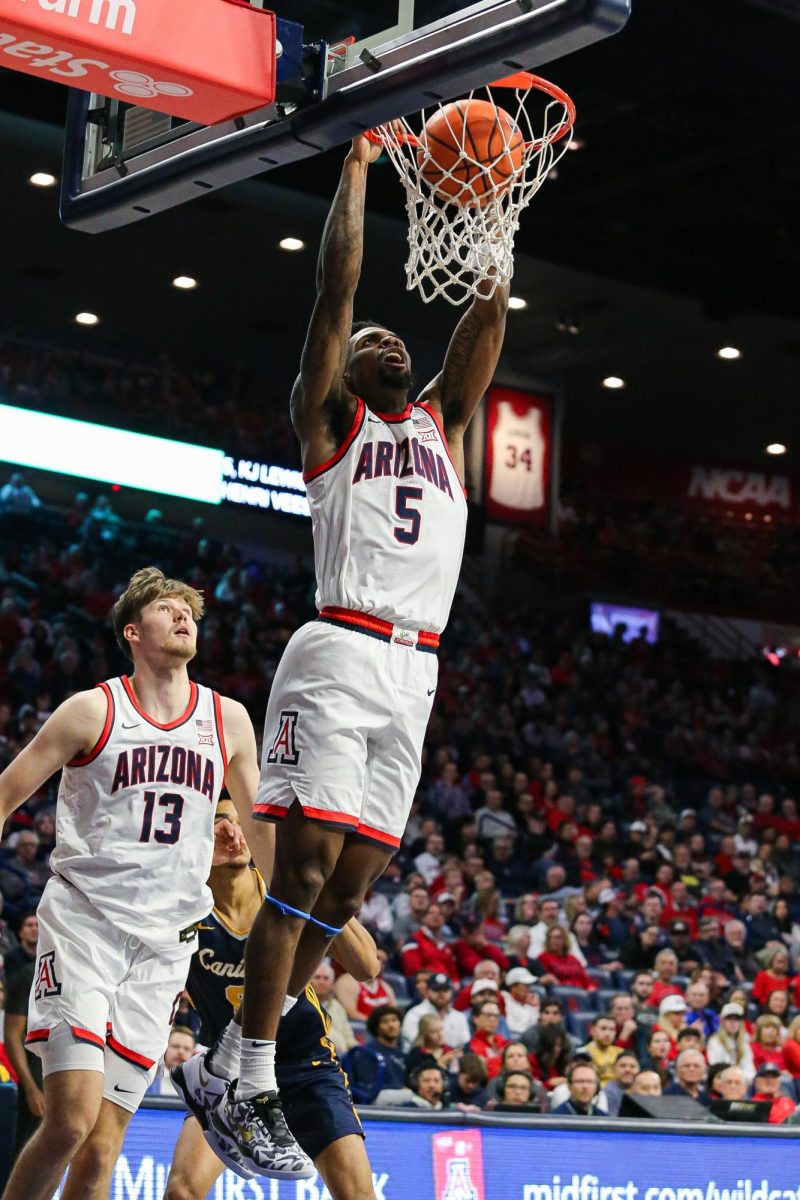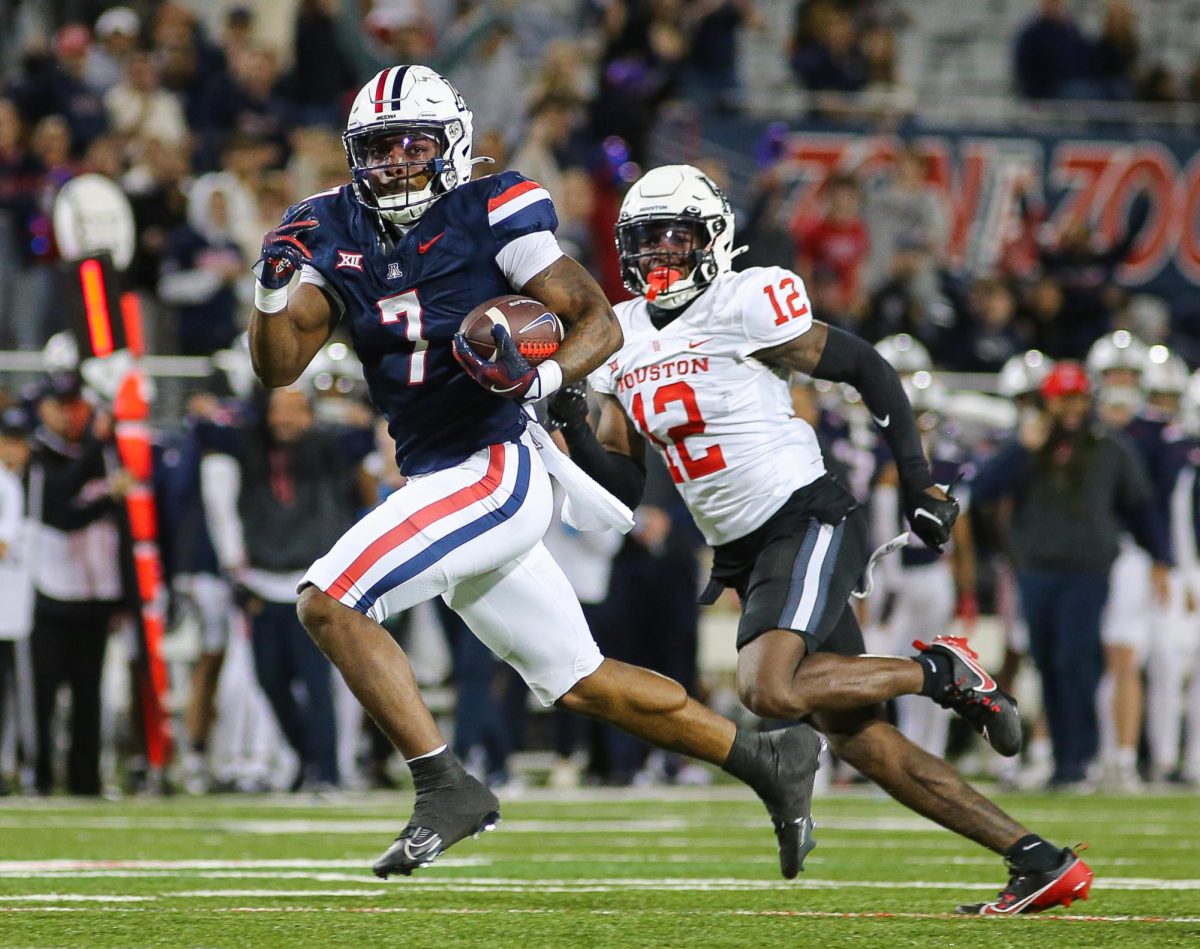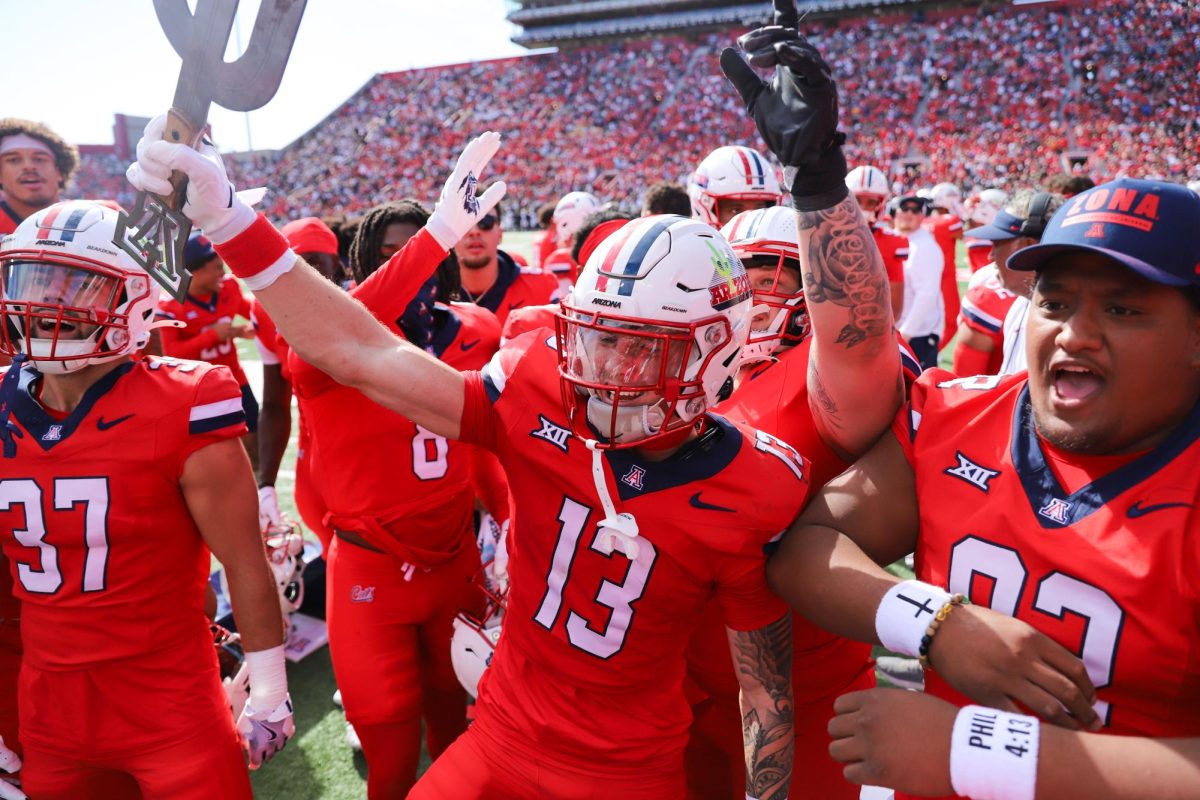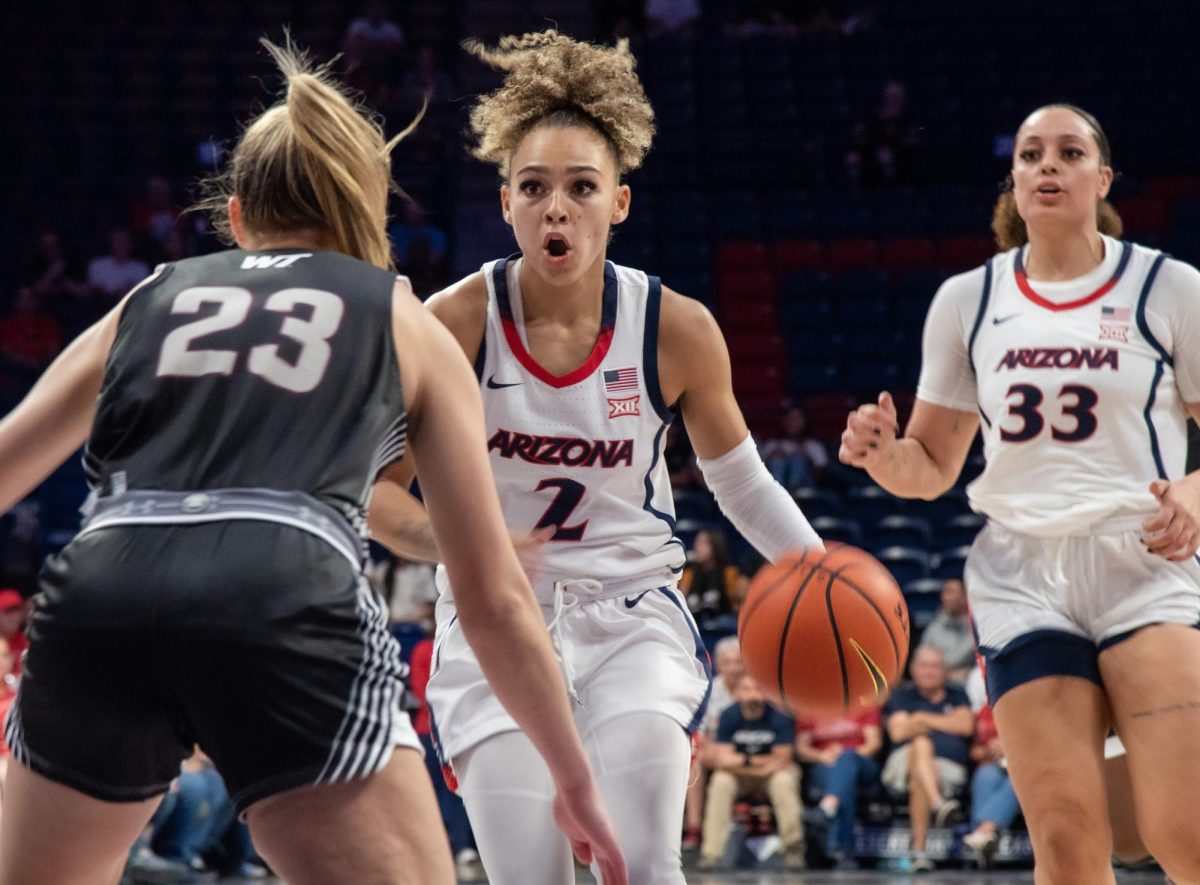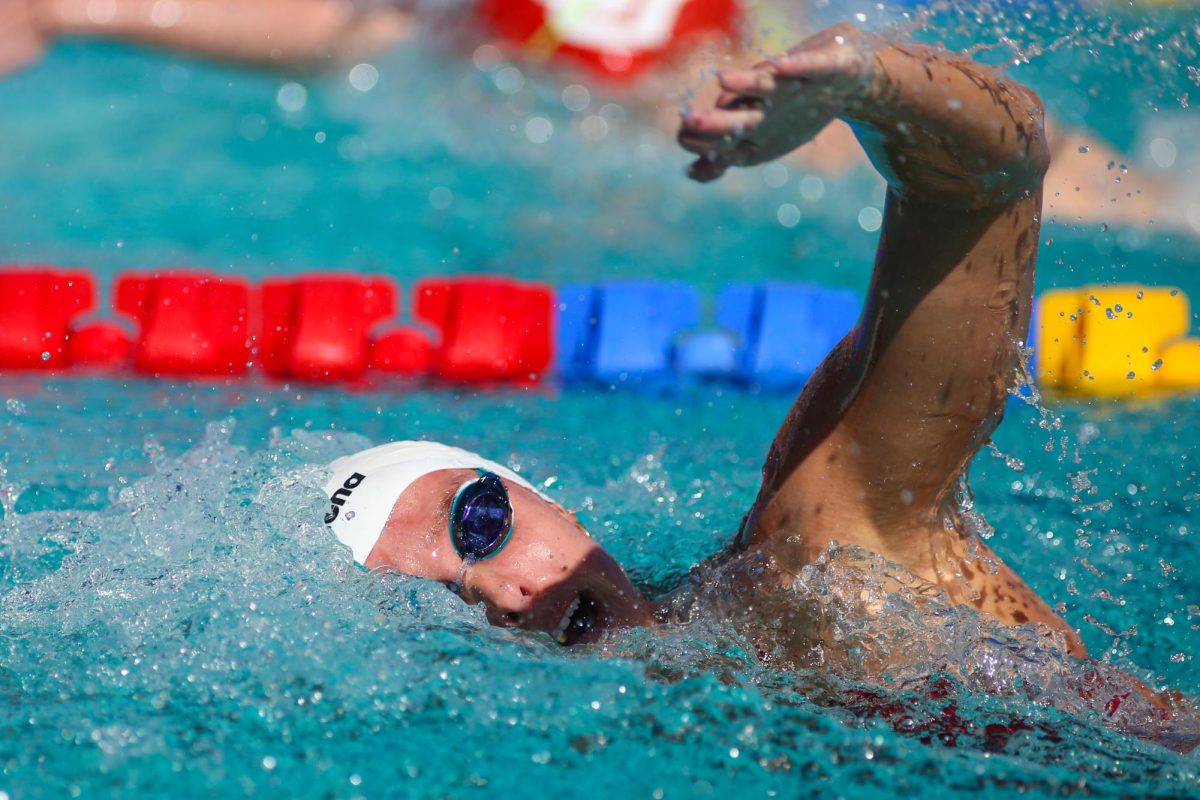The Phoenix Suns surprised absolutely no one Thursday night at the Barclays Center in Brooklyn, as NBA Commissioner Adam Silver announced Deandre Ayton as their selection with the No. 1 overall pick.
With the selection, the Bahamian joins the illustrious group of “big men” that have also been chosen first, including Hakeem Olajuwon, Shaquille O’Neal, Tim Duncan and Anthony Davis. He also joins a list that contains Michael Olowokandi, Kwame Brown, Andrea Bargnani and Anthony Bennett.
But based on all measures and scouting outlooks, Ayton won’t be joining the latter group.
Ayton draws comparisons to the great Olajuwon and his efficiency around the rim, Duncan and his feathery footwork and arsenal of post moves, and the indomitable O’Neal, who ran the floor in college like a runaway bull in Spain.
But how a player fits into a team and organization is almost as important as the skills and leadership he brings.
When does a player show up to go to work every day? How does he interact with the staff? Does he like the city in which he’s currently living? All of these factors all can count as much as the coach of the team or the style of play.
That’s why the Phoenix Suns hit a home run with their pick. Deandre Ayton played his senior year at Hillcrest Prep in Phoenix, then packed up his things and traveled down south on I-10 to the University of Arizona, where he established himself as the most intriguing basketball prospect on earth. All Ayton has to do to get settled into his new career is move back to the city he once lived in, just up the road from where he played his college ball, eliminating some transitional headaches that can plague players in their early years.
From the Suns’ perspective, this decision was a no-brainer. Because Ayton played his college ball down the road, he already has a built-in fan base in Phoenix due to the UA alumni that are scattered throughout the Valley of the Sun.
Jersey sales, season tickets and other forms of revenue are already established by picking Ayton. If the Suns had decided to take another route with second overall pick (and fellow Puma athlete) Marvin Bagley III, there would be a very understandable “wait and see” period that would hang over Bagley’s rookie season in order to gauge whether he was worth investing time and money in.
This could also be a classic case of a situation “too-good-to-be-true,” and end up being a move that falls on its face. Michael Olowokandi stayed relatively close to home by moving south from the University of Pacific to Los Angeles to play for the Clippers, and he had a career that will go down in infamy.
Nothing is a sure bet in the NBA draft, but the Suns made sure to cover their bases and pick a player that the fans want, while also picking the player with the highest upside going forward. He may be Olowokandi, or he might be Olajuwon.
But one thing is for sure: Ayton will be remembered one way or the other — either for leading the Suns to the horizon, gallivanting to that ever-elusive championship, or being the biggest what-if and source of frustration in franchise history. There is no in between.
Follow David Skinner on Twitter



